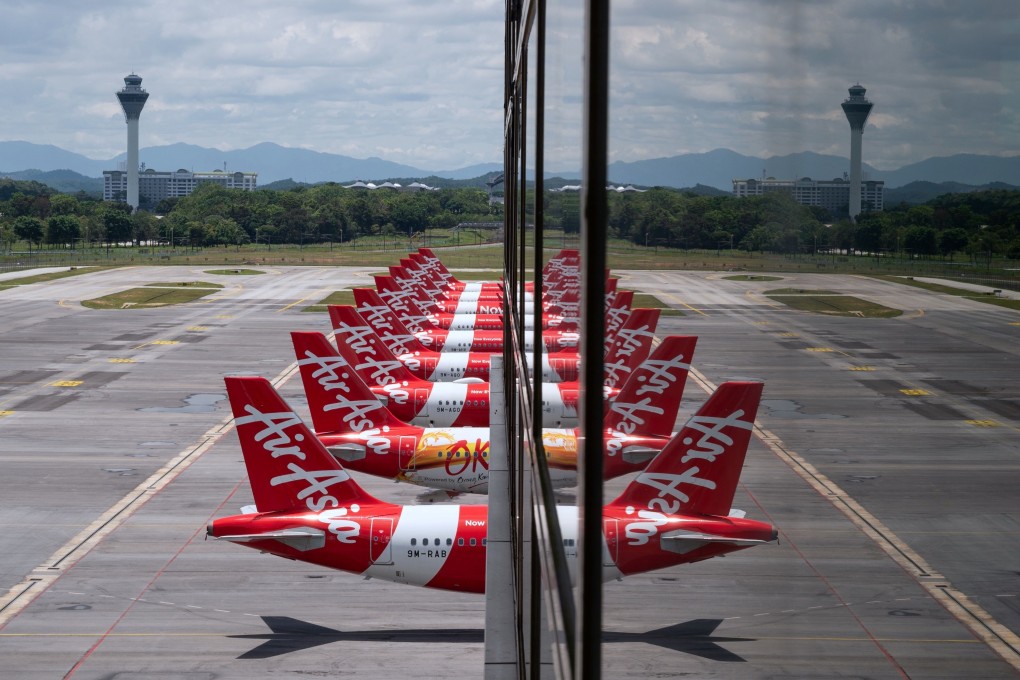Advertisement
On Reflection | Coronavirus is telling us to be a citizen of our country – and our world
- The disease has shaken the human species to the core, but we must grasp the metaphysical messages it is sending
- To survive in the short term, we need national solidarity – but to survive in the long term, we need global solidarity
Reading Time:4 minutes
Why you can trust SCMP

Covid-19 has shaken the human species to the core. It has metaphorically, if not literally, shut down our world. If humans fail to grasp the deeper metaphysical messages this pandemic is sending, we cannot claim to be the most intelligent species on the planet. The metaphysical messages are clear but contradictory: to survive in the short term, we need national solidarity. To survive in the long term, we need global solidarity.
The Italians understood the first message well. When Italy became the first major European country to be hit badly by Covid-19, Italians naturally expected their European Union allies to step up to help. Initially Germany and France offered little help. Yet, despite this rebuff from their fellow Europeans, Italy has made some progress in social solidarity.
Barely 150 years ago, before a modern, united Italy was born, such an expectation of solidarity across regions would have puzzled the citizens of affluent Lombardy or poor Sicily. In short, our sense of the human community to which our hearts belong can change over time. Perhaps a century from now, the Germans and Italians might feel the same sense of community that Lombardians and Sicilians feel now. Pascal Lamy, the former head of the World Trade Organisation, has described well the essence of this response: nations have become “solid”, the EU has become “liquid” and globalisation “gaseous”.
Advertisement

This retreat to national solidarity is happening everywhere. China cut itself off from the world and focused on the internal battle against Covid-19 to stop the Wuhan outbreak from infecting the whole country. The United States also advised its major corporations to put American interests first. When 3M wanted to honour its contractual obligations to Latin America and Canada, Peter Navarro, an influential member of US President Donald Trump’s trade team, said 3M “basically wants to act like a sovereign nation in terms of what it allows the United States to have with its production, and where it wants to export its masks. And in this crisis, there is only one country and only one president.”
With this retreat to national solidarity even by the world’s spiritual founder of our modern era of globalisation, it’s easy to jump to the conclusion that the era of open borders is over. Many analysts expect most nations around the world to pull up their drawbridges and try to lock themselves up from the world, opening doors only for minimal trade and some elite links.
Advertisement
Select Voice
Select Speed
1.00x
